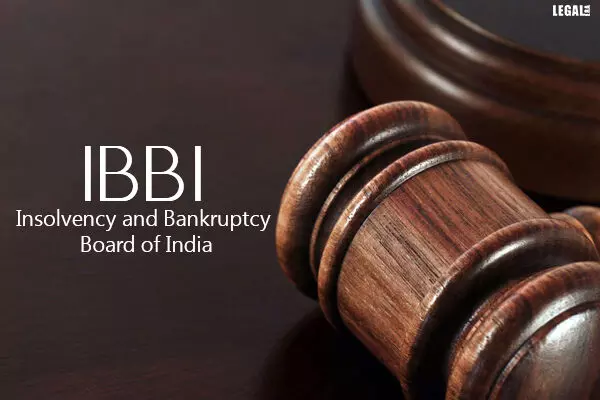- Home
- News
- Articles+
- Aerospace
- Artificial Intelligence
- Agriculture
- Alternate Dispute Resolution
- Arbitration & Mediation
- Banking and Finance
- Bankruptcy
- Book Review
- Bribery & Corruption
- Commercial Litigation
- Competition Law
- Conference Reports
- Consumer Products
- Contract
- Corporate Governance
- Corporate Law
- Covid-19
- Cryptocurrency
- Cybersecurity
- Data Protection
- Defence
- Digital Economy
- E-commerce
- Employment Law
- Energy and Natural Resources
- Entertainment and Sports Law
- Environmental Law
- Environmental, Social, and Governance
- Foreign Direct Investment
- Food and Beverage
- Gaming
- Health Care
- IBC Diaries
- In Focus
- Inclusion & Diversity
- Insurance Law
- Intellectual Property
- International Law
- IP & Tech Era
- Know the Law
- Labour Laws
- Law & Policy and Regulation
- Litigation
- Litigation Funding
- Manufacturing
- Mergers & Acquisitions
- NFTs
- Privacy
- Private Equity
- Project Finance
- Real Estate
- Risk and Compliance
- Student Corner
- Take On Board
- Tax
- Technology Media and Telecom
- Tributes
- Viewpoint
- Zoom In
- Law Firms
- In-House
- Rankings
- E-Magazine
- Legal Era TV
- Events
- Middle East
- Africa
- News
- Articles
- Aerospace
- Artificial Intelligence
- Agriculture
- Alternate Dispute Resolution
- Arbitration & Mediation
- Banking and Finance
- Bankruptcy
- Book Review
- Bribery & Corruption
- Commercial Litigation
- Competition Law
- Conference Reports
- Consumer Products
- Contract
- Corporate Governance
- Corporate Law
- Covid-19
- Cryptocurrency
- Cybersecurity
- Data Protection
- Defence
- Digital Economy
- E-commerce
- Employment Law
- Energy and Natural Resources
- Entertainment and Sports Law
- Environmental Law
- Environmental, Social, and Governance
- Foreign Direct Investment
- Food and Beverage
- Gaming
- Health Care
- IBC Diaries
- In Focus
- Inclusion & Diversity
- Insurance Law
- Intellectual Property
- International Law
- IP & Tech Era
- Know the Law
- Labour Laws
- Law & Policy and Regulation
- Litigation
- Litigation Funding
- Manufacturing
- Mergers & Acquisitions
- NFTs
- Privacy
- Private Equity
- Project Finance
- Real Estate
- Risk and Compliance
- Student Corner
- Take On Board
- Tax
- Technology Media and Telecom
- Tributes
- Viewpoint
- Zoom In
- Law Firms
- In-House
- Rankings
- E-Magazine
- Legal Era TV
- Events
- Middle East
- Africa
IBBI tightens scrutiny on Resolution Professionals regarding relationship with related parties

IBBI tightens scrutiny on Resolution Professionals regarding relationship with related parties
The Insolvency and Bankruptcy Board of India (IBBI) has tightened the scrutiny over resolution professionals (RPs) regarding related-third party transactions. In furtherance of this, IBBI has asked all RPs to disclose their financial relationship with various stakeholders such as corporate Debtors, financial creditors, and potential buyers involved in the resolution process.
This decision comes after several cases of RPs allegedly favoring a particular party during the resolution process have come to light. Therefore, this move is aimed at curbing potential misconduct by RPs.
The disclosure rules also apply to direct relatives of the RPs including spouses or children. Therefore, such financial relationships need to be disclosed as well.
A financial relationship has been explained in the rules stating that where an RP or resolution entity derives more than 5% revenue a year from the related party must be disclosed.
According to the notification, the disclosure must be made promptly, for instance, if the RP has a financial relationship with the corporate Debtor, the same must be disclosed within three days from the date the person is appointed as the RP for the resolution process. If the RP has a relationship with a prospective buyer, the financial relationship must be disclosed within three days from the time the potential buyer is supplied with an information memorandum.
Speaking on the notification, experts have opined that this measure of the IBBI is a positive step towards a fair, transparent, and non-arbitrary resolution process.



